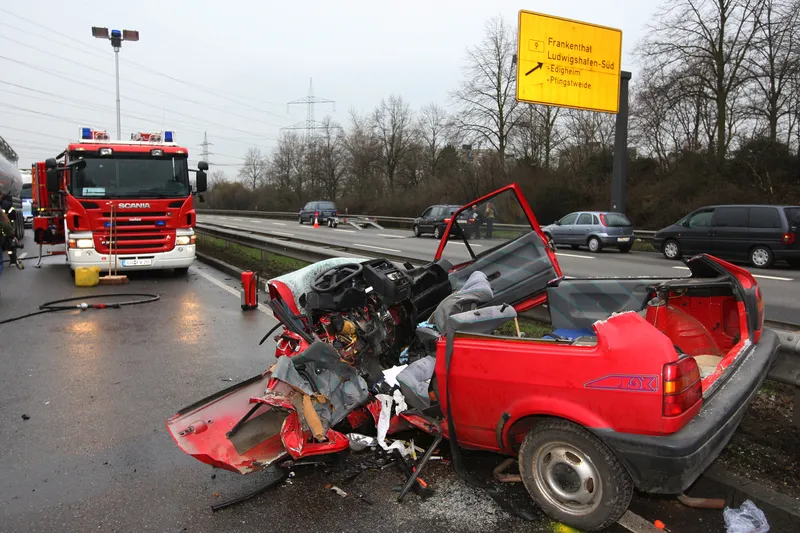The UK government’s THINK! road safety website is launching a new campaign to warn drivers of the dangers of country roads.
It says 60 per cent of people killed on Britain’s roads die on rural roads and new research shows many more drivers are needlessly putting themselves at risk of an accident. Three people die each day on average on rural roads; the number of people killed on country roads is nearly 11 times higher than on motorways.
A shocking 25 per cent of drivers report having had a near miss o
October 9, 2014
Read time: 2 mins
The UK government’s THINK! road safety website is launching a new campaign to warn drivers of the dangers of country roads.
It says 60 per cent of people killed on Britain’s roads die on rural roads and new research shows many more drivers are needlessly putting themselves at risk of an accident. Three people die each day on average on rural roads; the number of people killed on country roads is nearly 11 times higher than on motorways.
A shocking 25 per cent of drivers report having had a near miss on a country road, while 40 per cent have been surprised by an unexpected hazard, such as an animal. A third also confesses to taking a bend too fast.
These findings suggest many drivers are failing to anticipate dangers on the road ahead. The research mirrors newly published casualty statistics which show that the most commonly reported contributory factor to being killed or seriously injured on country roads is motorists losing control, often because they are driving too fast for the conditions.
The new THINK! campaign uses 3D scanning technology to illustrate that country roads are full of unforeseen hazards. This innovative visual technique allows viewers to ‘see’ through the bends on a country road and spot the unexpected dangers ahead.
The message for drivers is that, in the real world, you can’t see the perils that may lie behind a bend so it’s always best to slow down and give yourself time to react.
Road Safety Minister Robert Goodwill said: “Britain’s roads are among the safest in the world, but most people don’t know that motorists are nearly 11 times more likely to die in an accident on a country road than on a motorway. On average three people die each day on country roads and these are needless tragedies.
“I want the public to understand these risks and adapt their driving to the conditions they face. That is why the new THINK! country road campaign is so important – we are urging drivers to read the road ahead, select a safe speed and brake before the bend.”
It says 60 per cent of people killed on Britain’s roads die on rural roads and new research shows many more drivers are needlessly putting themselves at risk of an accident. Three people die each day on average on rural roads; the number of people killed on country roads is nearly 11 times higher than on motorways.
A shocking 25 per cent of drivers report having had a near miss on a country road, while 40 per cent have been surprised by an unexpected hazard, such as an animal. A third also confesses to taking a bend too fast.
These findings suggest many drivers are failing to anticipate dangers on the road ahead. The research mirrors newly published casualty statistics which show that the most commonly reported contributory factor to being killed or seriously injured on country roads is motorists losing control, often because they are driving too fast for the conditions.
The new THINK! campaign uses 3D scanning technology to illustrate that country roads are full of unforeseen hazards. This innovative visual technique allows viewers to ‘see’ through the bends on a country road and spot the unexpected dangers ahead.
The message for drivers is that, in the real world, you can’t see the perils that may lie behind a bend so it’s always best to slow down and give yourself time to react.
Road Safety Minister Robert Goodwill said: “Britain’s roads are among the safest in the world, but most people don’t know that motorists are nearly 11 times more likely to die in an accident on a country road than on a motorway. On average three people die each day on country roads and these are needless tragedies.
“I want the public to understand these risks and adapt their driving to the conditions they face. That is why the new THINK! country road campaign is so important – we are urging drivers to read the road ahead, select a safe speed and brake before the bend.”










